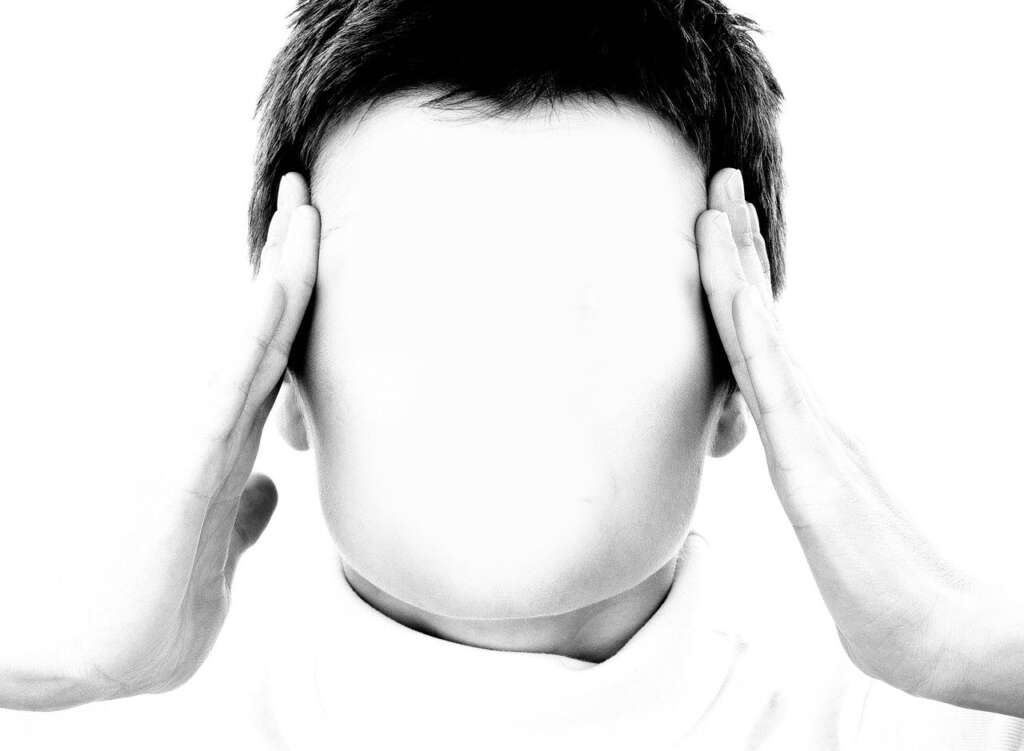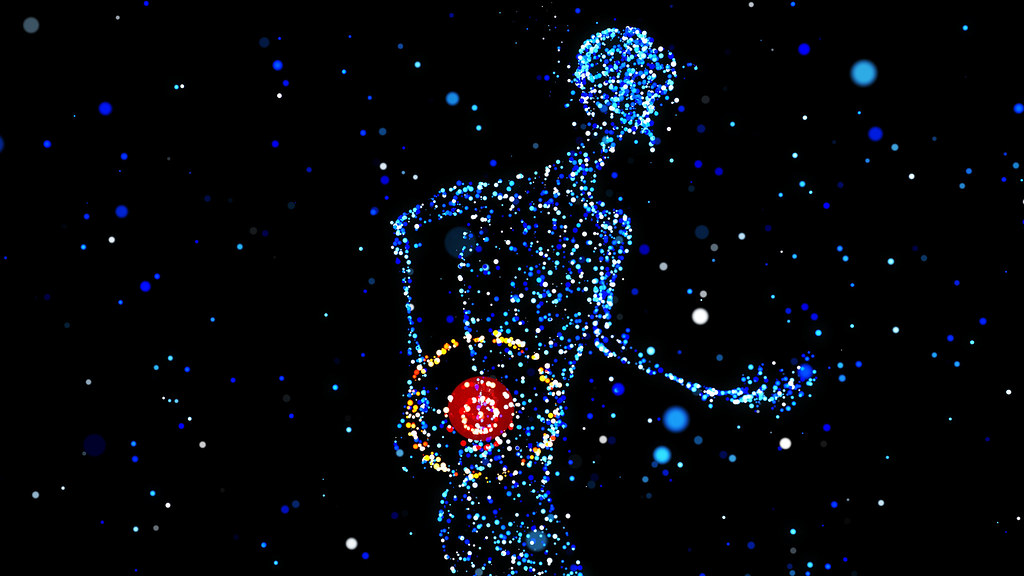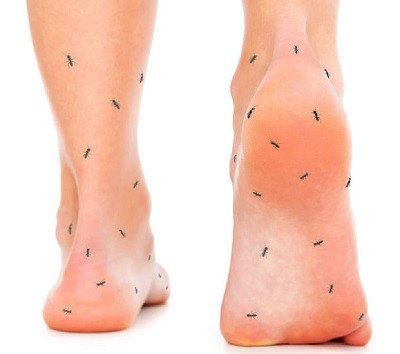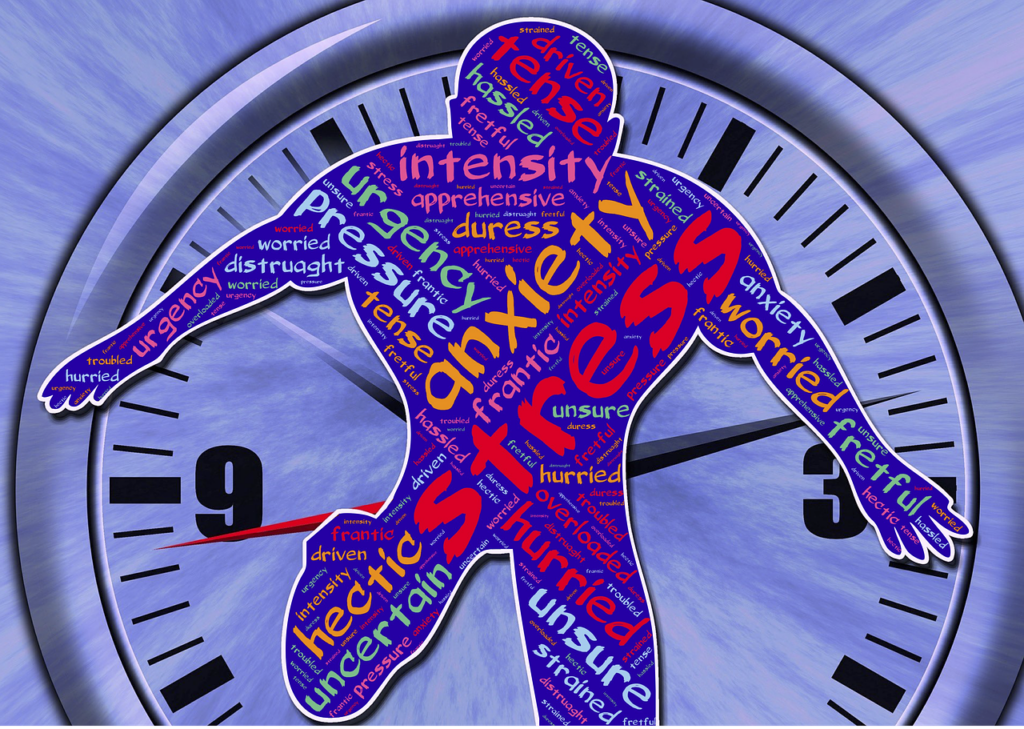HEADACHES
Tension headaches are more common, but migraines can also be experienced.
CHEST PAIN
A common symptom of anxiety is shallow breathing, whereby we breathe using our chest muscles instead of our diaphragm, which was designed for breathing. Chest breathing leads to chest pains because the chest muscles cannot support prolonged breathing so they get strained easily.
GLOBUS
Globus is the technical term for the sensation of having a lump in the throat. Often in anxiety, we experience this sensation, thinking that maybe something is blocking our oesophagus.


MUSCLE TENSION
Typically, tightness is felt throughout the body as tension impacts different muscles. You might feel it in your neck, jaw, chest, or the stomach.
UPSET STOMACH
Common symptoms are cramping, churning, tightness, or knots in the stomach. Also unpleasant “butterflies” in the stomach can occur, where the stomach feels heavy as if were full of rocks. in addition, other symptoms include shivering, shaking, or twitching of muscles.
DECREASED LIBIDO
Anxiety triggers the release of high levels of cortisol, which in turn suppress the sex hormones impacting sexual desire
SHAKINESS & TREMBLING
When stress hormones flood your body, they speed up your heart rate, blood pressure, and breathing. Your body interprets these symptoms as a signal that you’ll need to either fight or flight, and as a result your muscles prepare to act, leading to a trembling sensation, twitching, or shaking.
SWEATING & CLAMMY HANDS
These symptoms typically occur during a panic attack. You may sweat under your arms, in the neck, in your hands, sometimes quite a lot even. And you could get chills or hot flashes, too.
DIARRHEA
This symptom is the result of the release of hormones and chemicals that subsequently enter the GI tract and disrupt its flora.


NUMBNESS & TINGLING
It commonly feels like pins and needles — such as when it feels like a part of your body “fell asleep.” For others, it feels like a complete loss of sensation in one part of your body. You might also notice other sensations, like tingles
EXTREME FATIGUE
This is one of the most common symptoms associated with anxiety and panic disorder.
ACID REFLUX
Anxiety may affect esophageal contractions, which propel food toward the stomach. If these contractions become irregular, it can lead to reflux. In addition, it may increase the production of stomach acid.
DIZZINESS
Increases in your breathing rates (quick and deep breaths) during anxiety reduces the levels of carbon dioxide in your blood, which can cause dizziness among other symptoms such as light-headedness, nausea and tingling in your hands and/or feet


